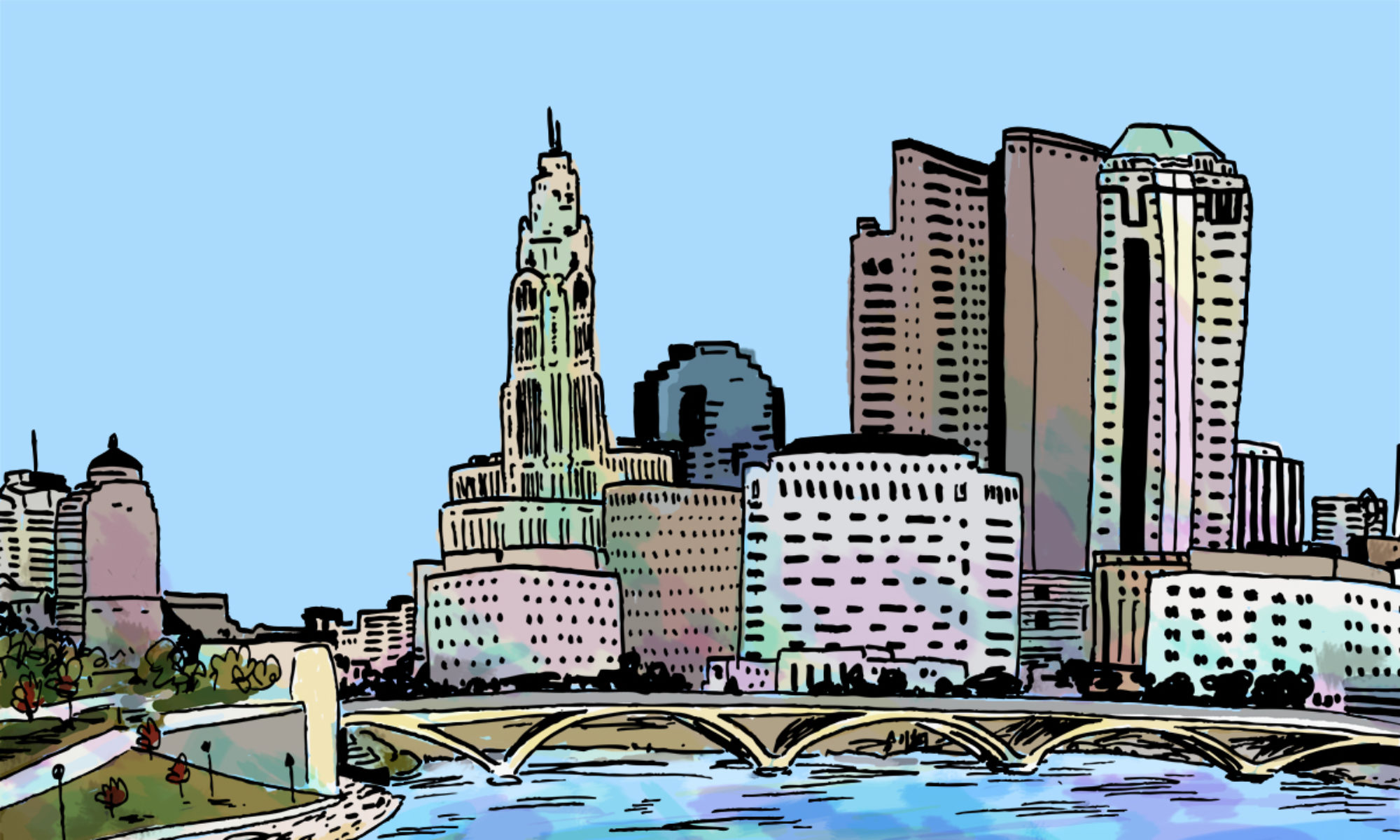When studying World War II in high school, I vaguely remember brief mentions of Japanese internment camps, but it was never really more than a footnote in a larger discussion of America’s history. With that tragic oversight in mind, I am glad we have the graphic novel They Called Us Enemy. The book is an insightful look at the events of WWII from someone whose experience was different than those of the people who were in power and those who fought on the front lines.

Published by Top Shelf Productions in July of 2019, They Called Us Enemy is an informative and important work. Written by George Takei, Justin Eisinger and Steven Scott and drawn by Columbus resident Harmony Becker, the memoir of George Takei (pronounced like “okay”) tells of the incarceration of Japanese Americans shortly after the bombing of Pearl Harbor in 1941. Becker’s style of drawing compliments the mood of the story, which is told from Takei’s point of view as a small child. Her classic manga style helps establish a sense of innocence and wonder, while never shying away from the iniquities that are occurring.
In viewing internment camps through the eyes of a child, Takei’s story offers moments of true understanding and inspiration along with genuine humor amongst the horrifying atrocities that were committed against an entire race of people. The story is all the more compelling in that Takei’s father never loses his faith in democracy and his mother never stops believing in doing what she feels is right for her family. Takei includes his personal struggles between his father’s indifference toward the treatment of his own family. Developing insight into the strained relationships and struggling conflicts the story develops a more rounded perspective of growing up experiencing racism. Anecdotes both of past and current day events help to summarize the overall themes of the story, one of connectedness and how small the world actually is, despite seeming large and overwhelming at times.
Throughout the book, Takei points out the dangers of not learning from our past and includes examples of ways that we already see it being repeated today, cautioning just how quickly the levers of government can be moved when acting out of fear and how dangerous these results can be. Through his use of humor and compassion, Takei makes a case for an America that includes all people and works towards a place of understanding, not fear. In the America Takei sees, the one that seemed to offer his parents so much promise and opportunity, all are welcomed.
